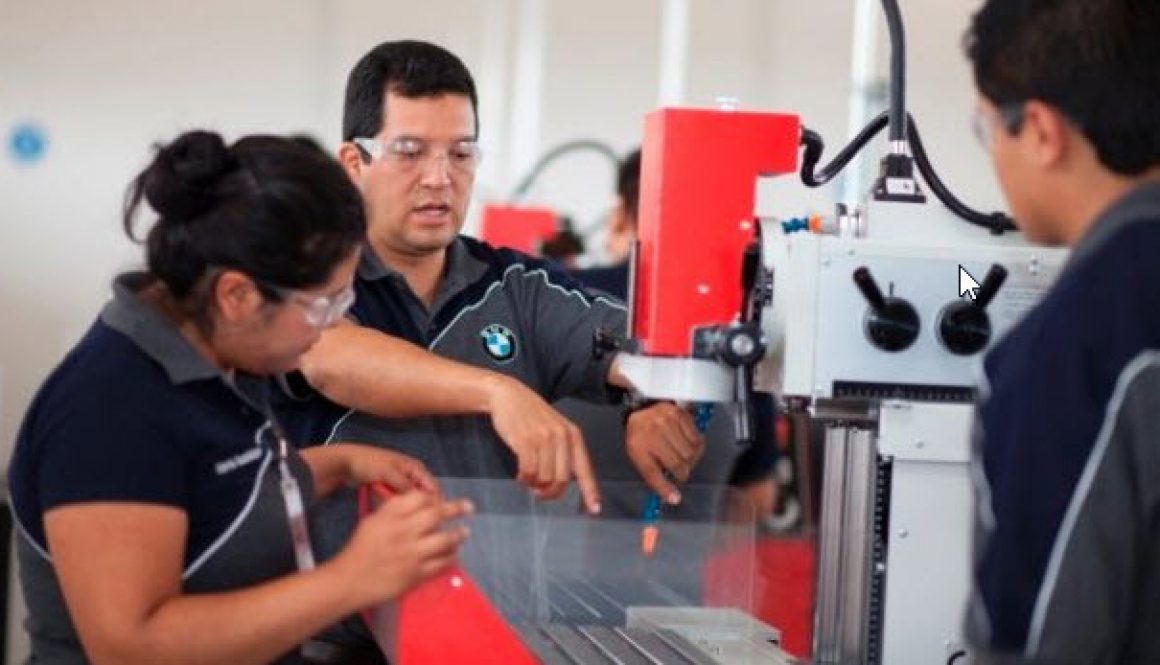Universities Promoting Mexican Vocational Training
Mexican Vocational Training
Many countries have struggles providing skilled labor to meet the demands of an evolving and increasingly global marketplace. But Mexico is not one of them. On the contrary, Mexican vocational training has been a focus for many years. While the federal government does its fair share to sponsor initiatives and skilled labor programs, the universities are more than stepping up to the plate. These institutions of higher learning are drawing on European models to combine classroom instruction with hands-on training. As such, Mexico is poised to fill the vacuum of skilled labor developing in North America.
Mexico’s Skilled Labor Emphasis
For approximately two decades, Mexico has implemented the German approach toward vocational and technological education (VET). The country has placed great emphasis on providing students with hands-on training while also receiving classroom instruction in whichever skilled labor role they seek to fill as working adults. The most notable step Mexico took in emphasizing the need for a skilled workforce was the Technical Education and Training Modernization Project, which sought to improve the quality of upper secondary education and make it mandatory and more relevant to the needs of industry.
Over the years, the VET program has succeeded immensely in improving Mexican vocational training. To date, 52 institutions have been granted authority to evaluate and certify competencies. On average, approximately 60,000 certificates are awarded by the Occupational Competency Standardization and Certification Council. And well over 100 competency management committees have been formed in many vital fields, including, construction, automotive, tourism, renewable energy, etc.
Private Sector Driving Mexican Vocational Training
The universities and private institutions are the real heroes in Mexico’s skilled labor saga. The country has revolutionized their workforce primarily due to the efforts of private-sector programs, such as the Bendix program. This member of German braking-systems manufacturing leader, Knorr-Bremse Group, recently launched a vocational training program to annually provide 240 vocational students with 12 courses in light manufacturing. Class subjects include occupational safety, quality, metrology, lean manufacturing, problem-solving tools, leadership, and teamwork. For one or two months, these students study 80% of the time in classrooms and 20% on the job. Students are then typically hired into Bendix after completing this apprenticeship program.
Mexico’s skilled labor may well fill the vacuum North America is currently experiencing. Mexican vocational training programs and partnerships, with the help of the German model, are modernizing the country’s workforce and transforming Mexico’s labor pool into one of the most technologically advanced in Latin America. And universities and the private sector, hand in hand with federal initiatives, are driving this transformation.
For further information on Mexican Vocational Training and other timely subjects visit our blog at http://tecma.com




